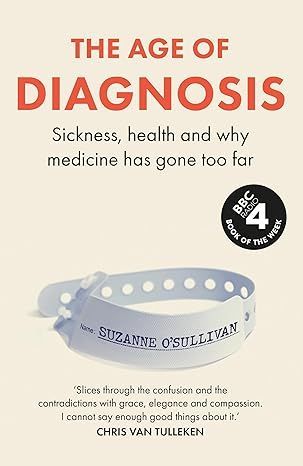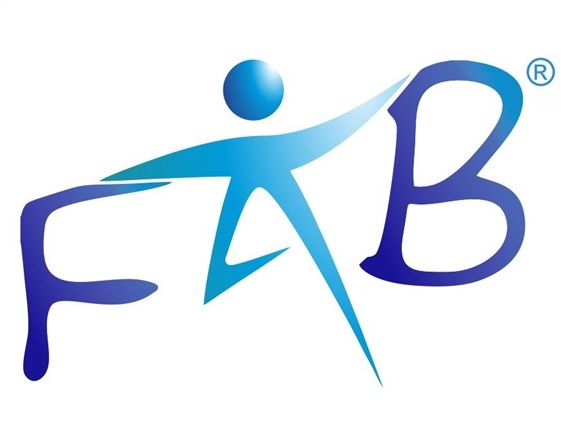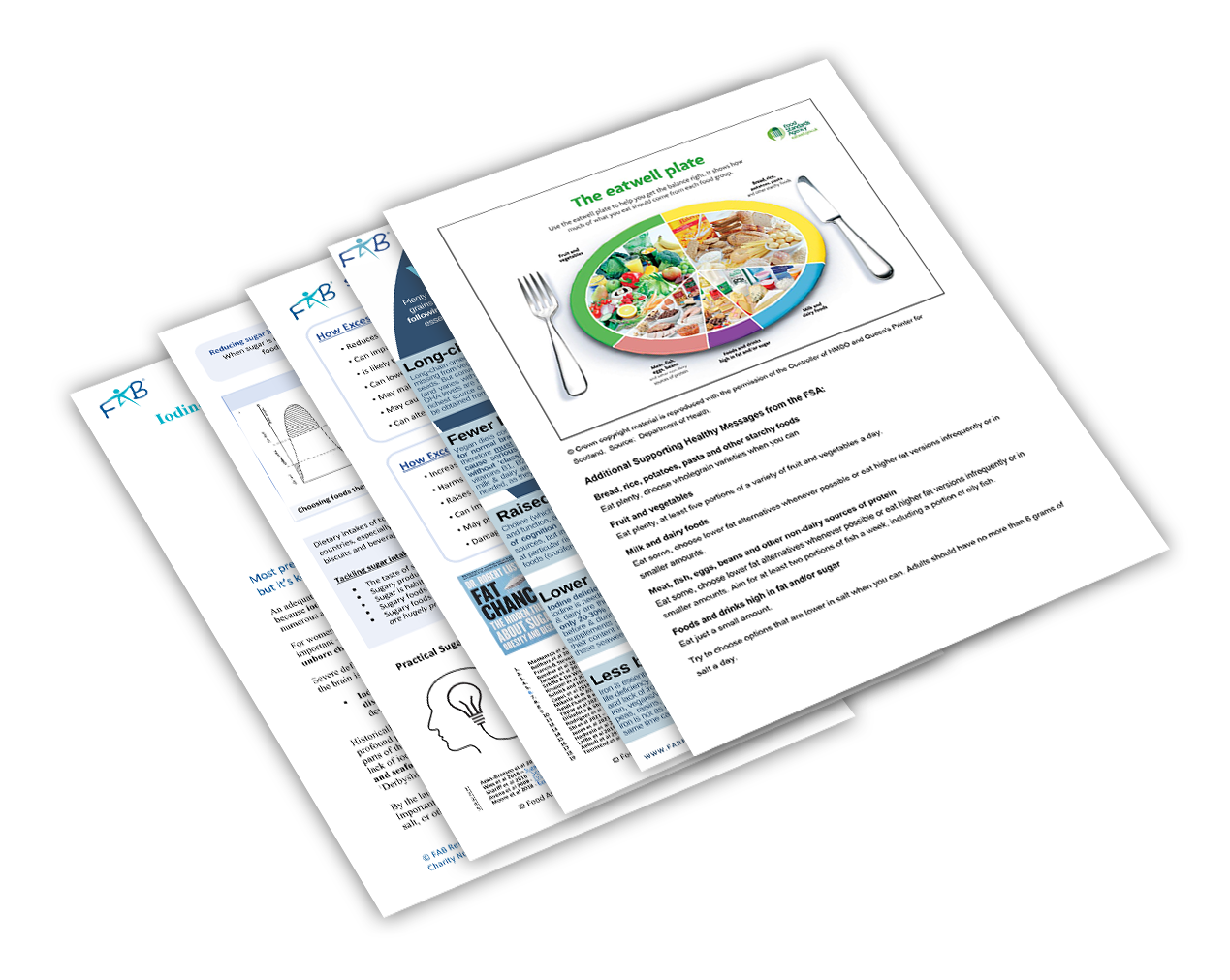Receive exclusive content, promotions, news and events to your mailbox.
The Age of Diagnosis: Sickness, Health and Why Medicine has Gone Too Far

From autism to allergies, ADHD to long Covid, more people are being labelled with medical conditions than ever before. But can a diagnosis do us more harm than good?
Suzanne O’Sullivan
The boundaries between sickness and health are being redrawn.
Mental health categories are shifting and expanding all the time, radically altering what we consider to be 'normal'.
Genetic tests can now detect pathologies decades before people experience symptoms, and sometimes before they're even born.
And increased health screening draws more and more people into believing they are unwell.
An accurate diagnosis can bring greater understanding and of course improved treatment. But many diagnoses aren't as definitive as we think. And in some cases they risk turning healthy people into patients.
Drawing on the stories of real people, as well as decades of clinical practice and the latest medical research, Dr Suzanne O'Sullivan overturns long held assumptions and reframes how we think about illness and health.
Covers so many topics that have been troubling me but I hadn't been able to resolve myself - as a parent and a clinician. An absolutely absorbing read' - CHRIS VAN TULLEKEN
'A brilliant study of the dangers of overdiagnosis' - GUARDIAN
'Compassionate and bracingly independent thinking' - THE TIMES
About the Author
Suzanne O’Sullivan is a London based neurologist who cares deeply about reducing the stigma of psychosomatic disorders and normalising the reality of the mind-body connection and the havoc it can wreak. She campaigns for healthcare improvements and longs to see time spent with medical professionals better resourced to improve diagnosis and patient satisfaction. Technology is great - but people make people feel better.
Get the latest insights in nutrition and brain health

